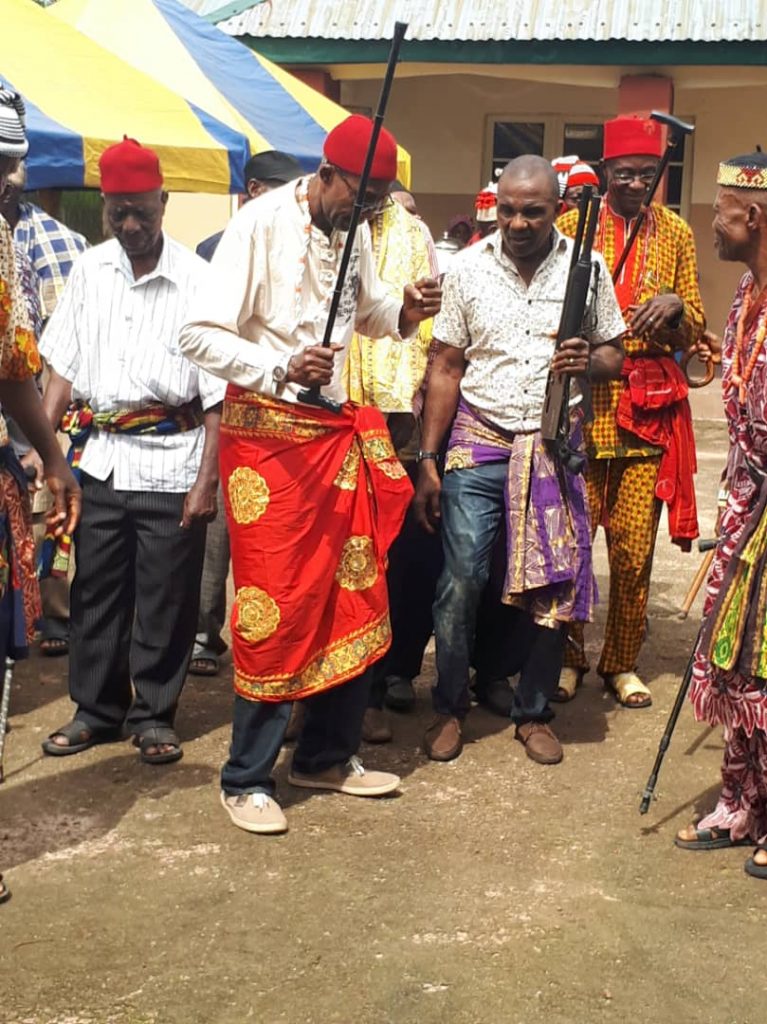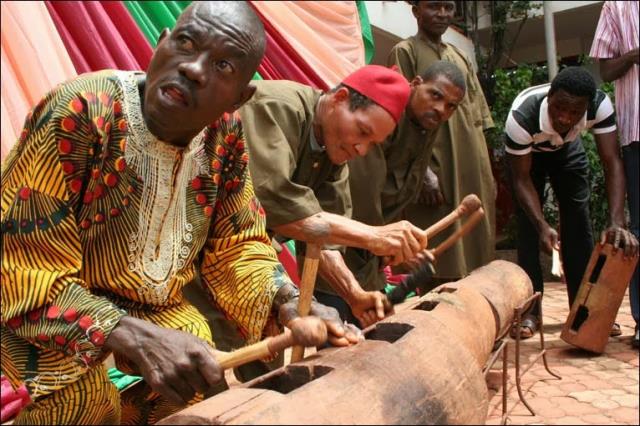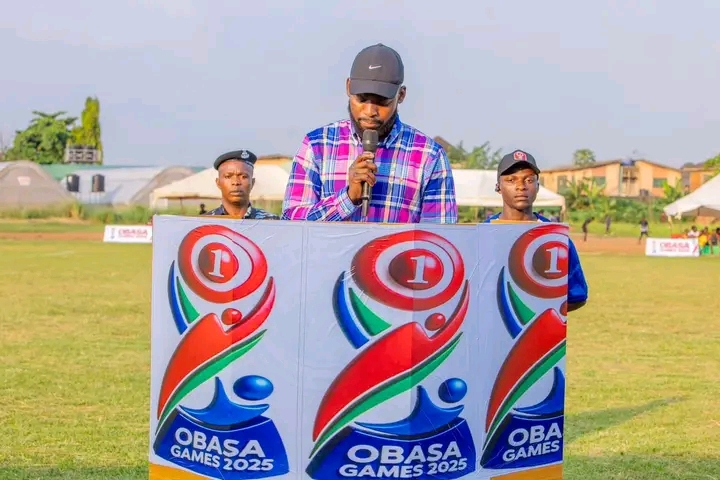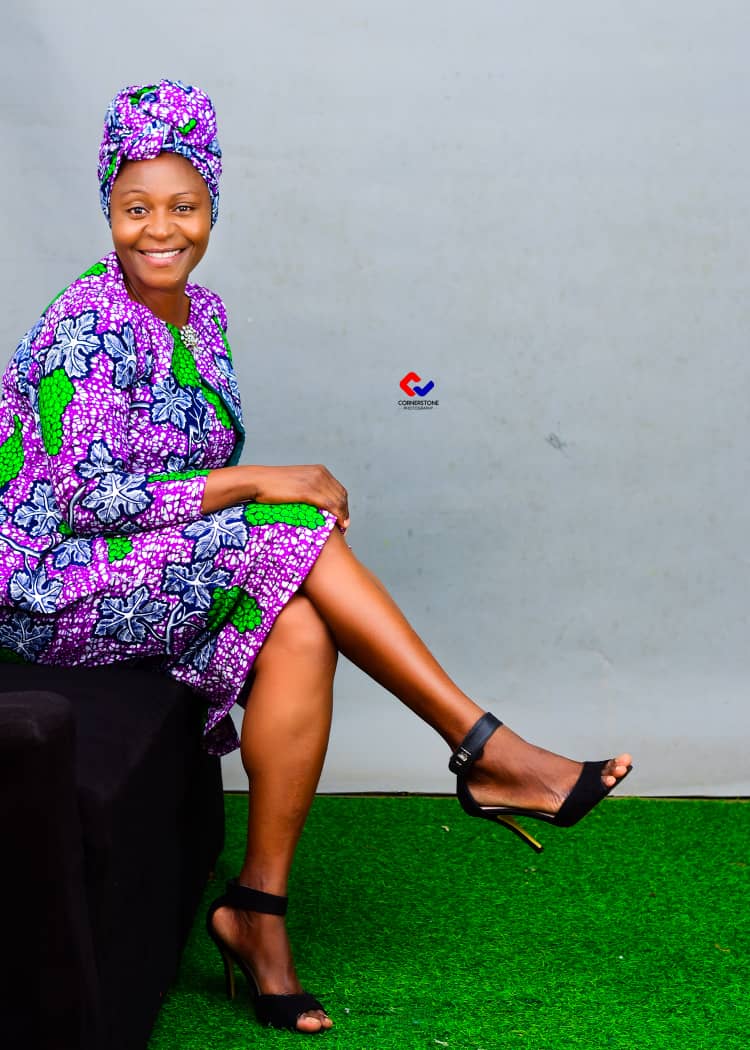Rites Of Passage In Igbo Tradition And The Symbolism Of “Eshe” Music
PRINCE MACDONALD ENWERE

Burial of the dead in Igbo land is a phenomenon with a deep symbolic significance. In Igbo land, death is highly celebrated with deep emotional attachment. Celebration of death as a right of passage to the metaphysical world is more fundamentally accorded with esteemed ritual elevation especially for a life well spent.
Having lived an accomplished life in accordance with the belief in ancestral power relation between the dead and the living and their fate in reincarnation, the Igbos considered it absolutely important to accord the deceased a befitting burial, that is manifest in the elaborate burial rites culturally defined for such passages.
In Igbo land before a person is said to be properly buried especially a man, the ritual of “Okwukwu” must be carried. Okwukwu is the final rite of passage for the dead person especially an elderly man. It involves an elaborate ritual feast and traditional burial processes. There is this belief in Igbo pantheon that an aged male parent, whose children did not accord the proper rite of passage by carrying out the Okwukwu ceremony will not be accorded a respect and honour by the ancestors in the land of the dead and may turn violent against his children. Some enemies may also after realizing that the man was not accorded the proper rite of passage or Okwukwu may turn by invoking the spirit of the deceased against the children, where the children may be visited with affliction, death or sickness.
OKWUKWU CEREMONY
In Igbo land, Okwukwu ceremony is an elaborate ritual traditional feast. Death as a journey to the metaphysical world connecting the living and the dead, involves the Okwukwu ritual, which involves the direct participation of all the family lineages of the deceased person in whose honour the ritual ceremony takes place. It also involves the kinsmen of the deceased, his maternal relatives, Umuopara, grandsons (umunwanwa). Okwukwu ceremony offers the people the opportunity to dramatize all the mystical belief system that shapes their world and spiritual imagination. During Okwukwu the deceased on whose honour the Okwukwu is being celebrated is taken through a ritual ceremony of physical and spiritual empowerment.
RITUAL KILLING OF DOG (IWA NKITA ANYA)
This ritual is carried in honour of a deceased person. It is carried out on Eke day preceding the Orie market day of the Okwukwu ceremony. The symbolic implication of Iwa Nkita Anya ritual is for re-incarnation. So that the deceased will be reborn into the world of the living as a bold, fearless and hard-working person. This is because fear is seen as a weakness on the part of a man among the Igbos.
The ritual of Iwa Nkita Anya is performed by an appointed person through divination. The executioner of this ritual rite must be a man of strong mind and bold personality. At the appointed day of the ritual, on the Orie market day, the executioner will lead the kinsmen of the deceased and other Okwukwu honorees in a convoy procession to the market square holding the dog to be executed, with a sharp cutlass (Mma obo) chanting a masculine song of ‘egwu awuru’. “Owe ghe e , Aya gheee, Owe ghee Aya ghee” A kind of solidarity song accompanying the ritual procession. After going round, the appointed killer of the dog is expected to cut off the head of the dog with his sharp knife (Mma obo) at a cut amidst high tempo of the egwu awuru which is structured to rhyme with the heroic action of the moment.
ESHE MUSIC DANCE/ ITU AKA

This is a glamorous traditional music dance played during Okwukwu ceremony. It embodies the entire poetic and dramatic essence of the ceremony. It is use for Itu Aka ritual. Itu Aka ritual is a testamentary exhibition of the character of the deceased where the first son of the deceased proclaims in public all the good and wonderful things his father did while alive. And also to testify to the public the type of character the father lived while alive. It is on the day of the Okwukwu proper the first son perform the Itu Aka ceremony. The first son of the deceased (Opara-) will dress in a georgeous typical Igbo traditional attire with george wrapper tied around his waist with a fitting Ishi agu cloth and red cap holding his den gun or cutlass (Mma obo) As he steps out, he is accompanied by his brothers, members of his extended family, his kinsmen and other Umuopara who have done the same Okwukwu burial rite for their own late fathers. He will be in the front leading the procession to dance the traditional ESHE music for the Itu Aka ceremony.
As the Eshe music is playing, he will be dancing in a meticulous stylistic special dancing step leading the dancing procession proceeding in front of the Eshe music. When reaching in front of the Eshe music, the music will stop, only the patron of the Eshe music players will use his drum to hail him by saying ” Opara- bara-aba! Were ndu, were nka! ( A wealthy first son, wishing you life and old age). The Eshe music player will then ask him with the Eshe drum; Nna gi omere gini nwuo ( What did your father did before his death). At this point the first son will respond by telling the crowd one spectacular thing the father did while alive, after saying that, the crowd will shout and hail him as the Eshe music continues while he leads the dancing procession out of the front of the Eshe music in a single file dancing round scene of the ceremony. That will be preceeded with one canon shot. After, he will lead the dancing procession back to the front of the Eshe music again. Upon their arrival,the Eshe music will stop while the patron of the Eshe music will hail him again only with his drum ” Opara mara Mma, were ndu, were nka; gwam ihe nna gi mere nwuo ( handsome first son, wishing you life and old age, tell me what your father did while alive). The first son will tell the crowd another spectacular thing the father did while alive.
After, the crowd will shout and hail him as the Eshe music continues while he also leads the dancing procession out of the scene of the Eshe music. They will continue till the fourth time, which is the last. After the fourth time , there will be jubilation and dancing galore and many canon shots.












